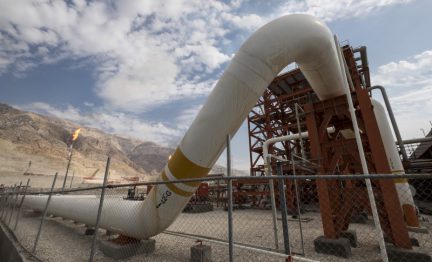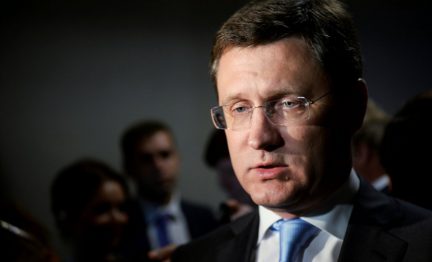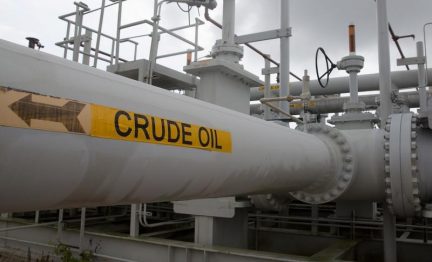Oil prices accelerate rise as OPEC+ calls off output talks
Oil prices rose, driven higher after OPEC+ nations called off talks on output levels, meaning no deal to boost production has been agreed

Oil prices rose, driven higher after OPEC+ nations called off talks on output levels, meaning no deal to boost production has been agreed

Oil prices slipped after hitting more than 2-1/2 year highs earlier in the session, as a spike in COVID-19 cases in Asia put a brake on rally before this week’s OPEC+ meeting

OPEC and Russia agreed to slightly ease their deep oil output cuts from January by 500,000 barrels per day but failed to find a compromise on a broader and longer term policy for the rest of next year

OPEC oil output rose for a fifth month in November, a Reuters survey found, as increased Libyan production offset full adherence by other producers to cuts agreed in an OPEC-led supply deal

A panel of OPEC+, a group of leading oil producing countries, will hold informal online talks on Saturday prior to meetings scheduled for next week

Demand will rise by 6.25 million barrels per day (bpd) next year to 96.26 million bpd, the Organization of the Petroleum Exporting Countries said in a monthly report. The growth forecast is 300,000 bpd less than expected a month ago

The Organization of the Petroleum Exporting Countries and Russia are considering deeper oil output cuts early next year to try to strengthen the oil market, one OPEC source and one source familiar with Russian thinking said

Russia’s energy minister said it was too early to discuss the future of global oil production curbs beyond December, less than a week after saying plans to reduce the output restrictions should proceed

The OPEC+ alliance will ensure oil prices do not plunge steeply again when it meets to set policy at the end of November, OPEC’s Secretary General said, adding that demand has been recovering more slowly than expected

OPEC+ meet on Saturday to discuss extending record oil production cuts and to approve a new approach that aims to force laggards such as Iraq and Nigeria to comply better with the existing curbs